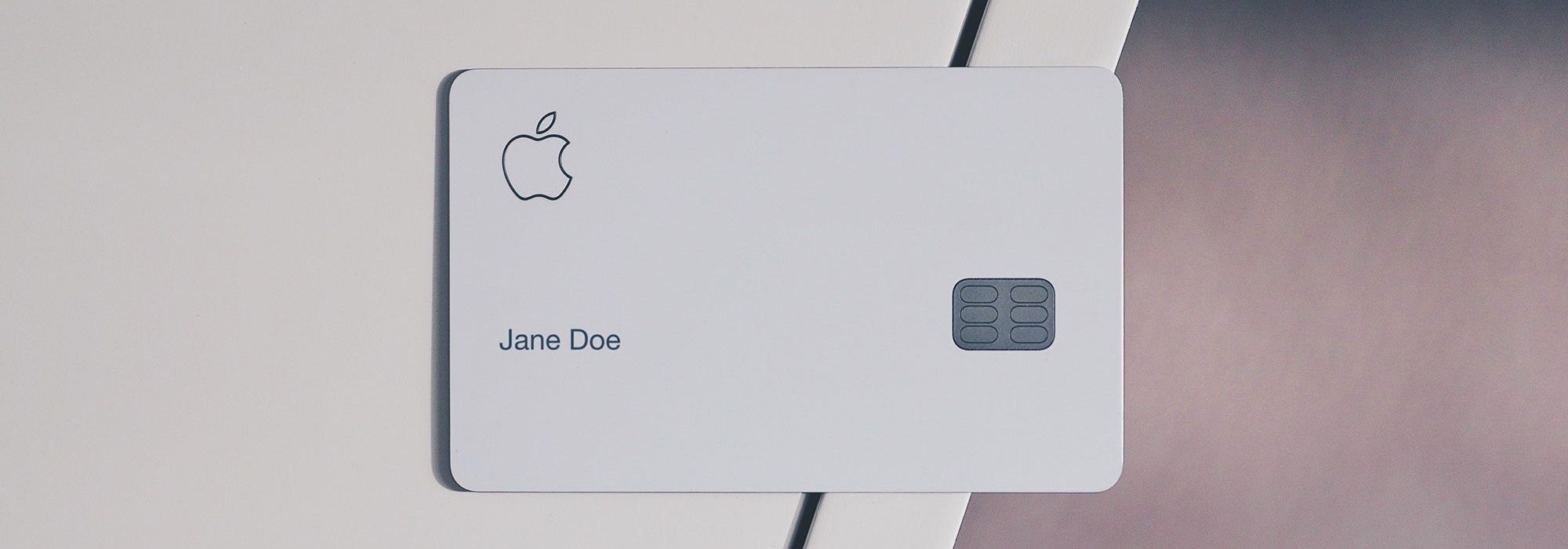Article Excerpt
Let’s take a look at the most important factors that make your credit score. A good credit score may help you qualify for a better interest rate, while a poor credit score can prevent you from getting a mortgage at all.
Although the complete algorithm for determining your credit score isn’t made public, the five main factors for a good credit score are. Your score is used as a basic measure of trust when you apply for any kind of loan. It's a good idea to pay attention to the five credit score factors because higher scores make you eligible for a wider range of mortgage options, and ultimately, a better interest rate.
Most lenders use FICO's (Fair, Isaac, and Company's) credit score model. FICO is a data analyst company that supplies information to three credit bureaus: TransUnion, Equifax, and Experian. Your lender will use the middle score to determine your mortgage terms and eligibility.
The 5 Credit Score Factors: What Makes Your Credit Score
According to FICO itself, each of the five factors holds a different weight in importance.
35% - Payment History
Your payment history is the most important credit score factor. Making consistent payments on time will raise your credit score. You never, ever want to miss a car or credit card payment, or be late on paying rent. Even one missed payment can put a dent in your score.
30% - Amounts Owed
The "amounts owed" category is basically keeping track of how much credit you utilize. For example, if all your lines of available credit amount to $5,000, and you consistently reach that limit each month, the FICO algorithm determines that you may be a higher-risk borrower. The assumption here is that someone who maxes out their limit every month must not have available funds for the items that they're purchasing. It’s generally recommended that you stay at or below 30% credit utilization across all your lines of credit.
15% - Length of Credit History
More data = more confidence. You can’t improve this category here and now, but you can avoid mistakes. For example, if you’re wanting to buy a house within a few months, you won’t want to open a new credit card because that’ll lower your average credit age. And you wouldn’t want to close old accounts either.
10% - Credit Mix
"Credit mix" refers to the diversity of the types of credit you utilize. Keeping track of paying a car loan, a credit card, and a Best Buy card would present a healthy mix of credit.
10% - New Credit
Opening several new credit accounts within a short time period can negatively affect your credit score. It’s a signal that you may be tight on cash, and have chosen to rely on credit. Applying for with several mortgage lenders within 45 days is an exception though. Credit bureaus recognize this as a normal activity while looking for a mortgage.
» READ MORE: Do multiple applications affect credit?
What Does My Credit Score Mean for Mortgage Approval?
There are three main factors for first time home buyers - one being your credit score. It can make or break your ability to get approved for a mortgage. While a conventional loan generally requires a credit score of 620, other programs like USDA, FHA, and VA are set at 580.
Let’s see what you qualify for. Get started on a same-day preapproval now - no strings attached!



